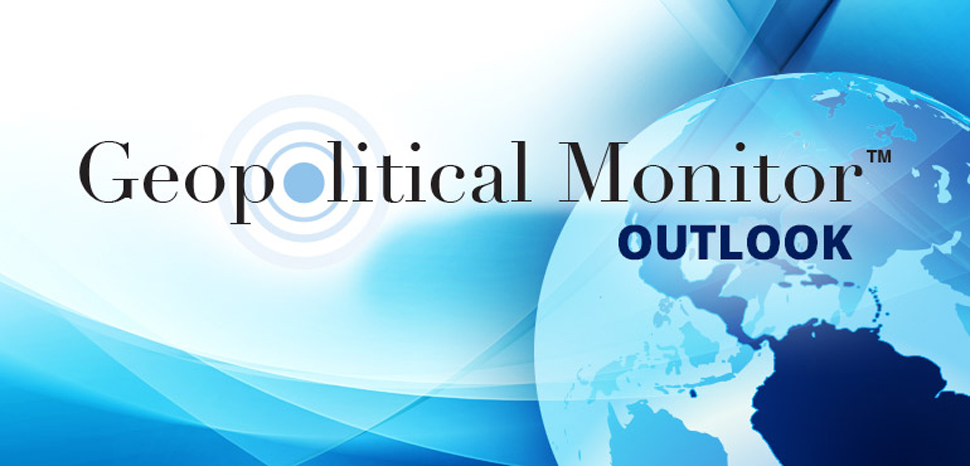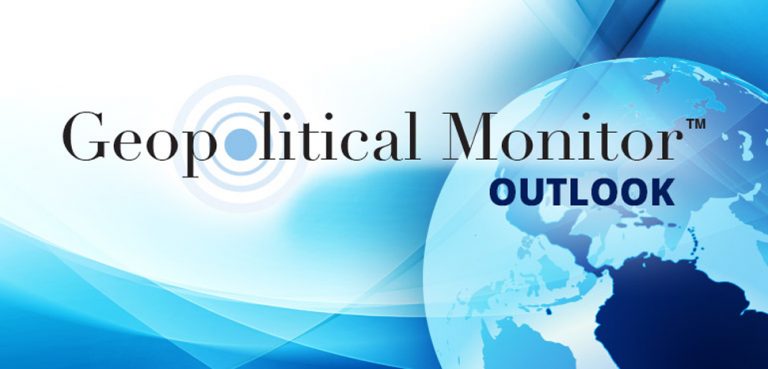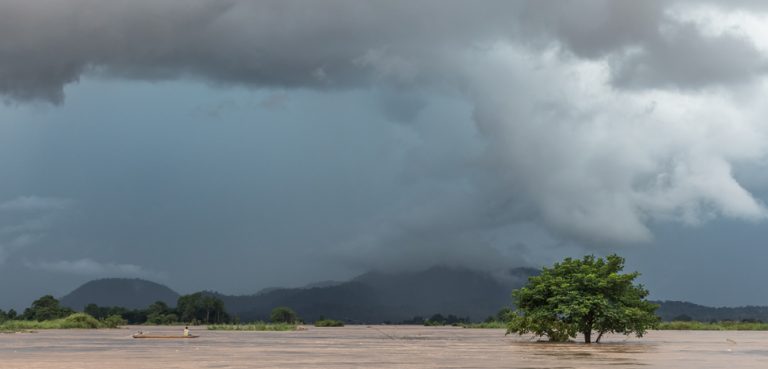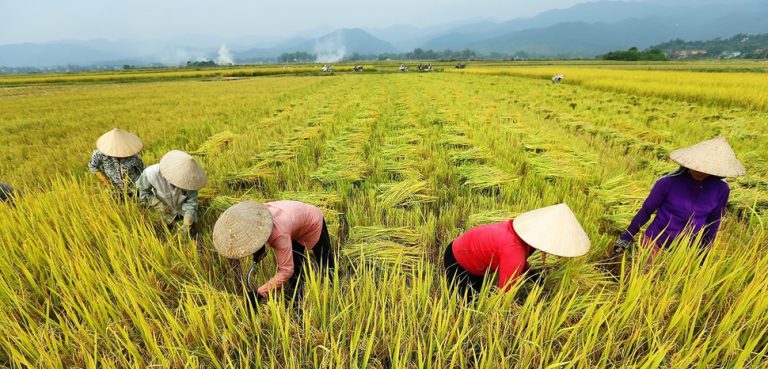Summary
The geopolitical impacts of drought are cumulative. What starts as a minor crop disruption one year can build into an agricultural disaster the next should disruptive weather patterns persist. Similarly on the individual level, a small-but-manageable caloric reduction can descend into disaster as household items and capital are sold off to purchase food, effectively mortgaging the economic future of a families and whole communities.
2018 saw its fair share of extreme weather events, which disrupted agriculture and produced run-on political, economic, and humanitarian impacts around the world. 2019 is expected to be no different. In fact, some models are predicting an increased likelihood of extreme temperatures through to 2022. These conditions threaten to exacerbate active droughts and generate new ones, often in regions of the world that are already highly vulnerable to economic disruption, mass migration, and conflict.
Here are a few contexts to keep an eye on in 2019, a year that some are tipping as the hottest yet in human history:




